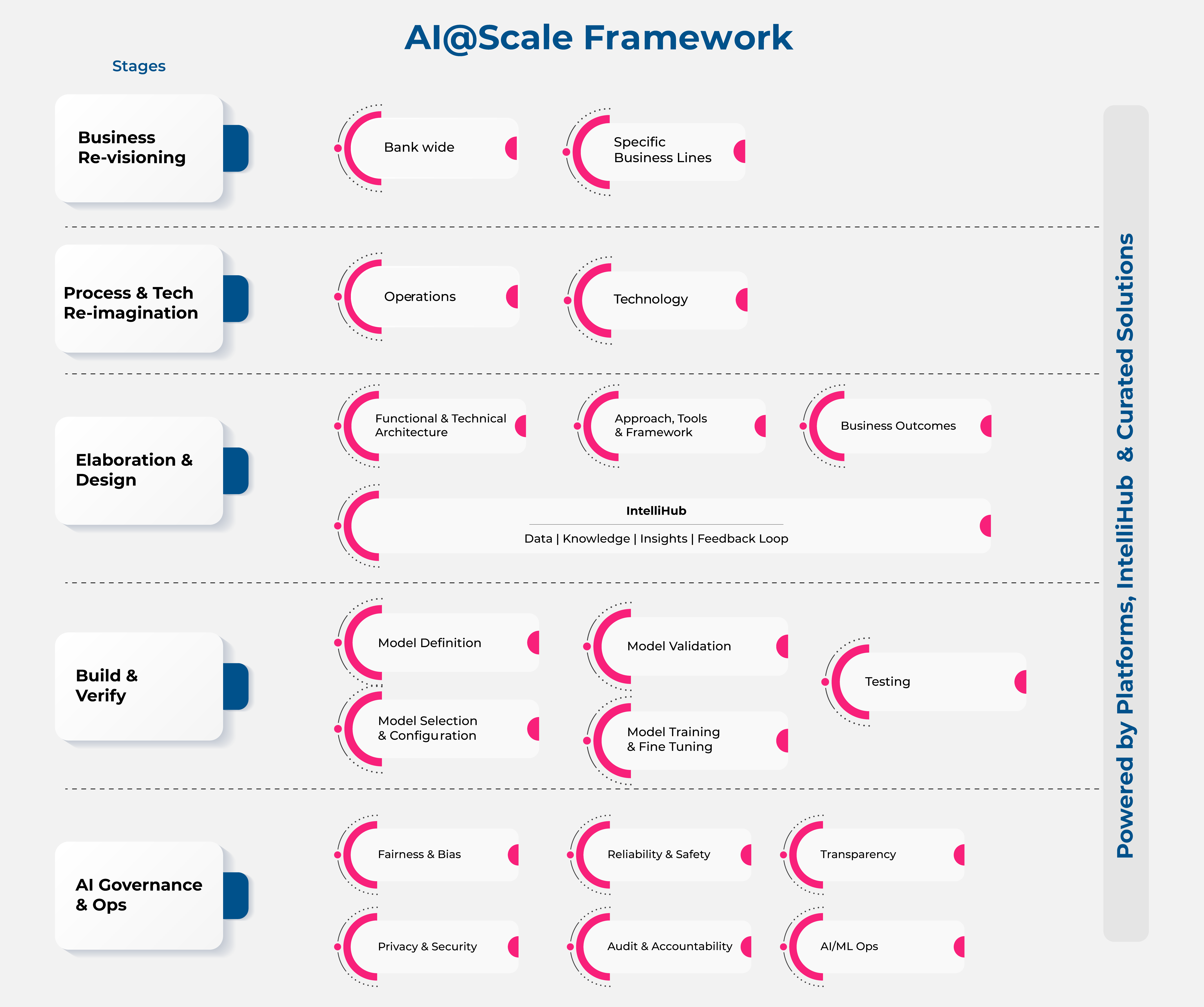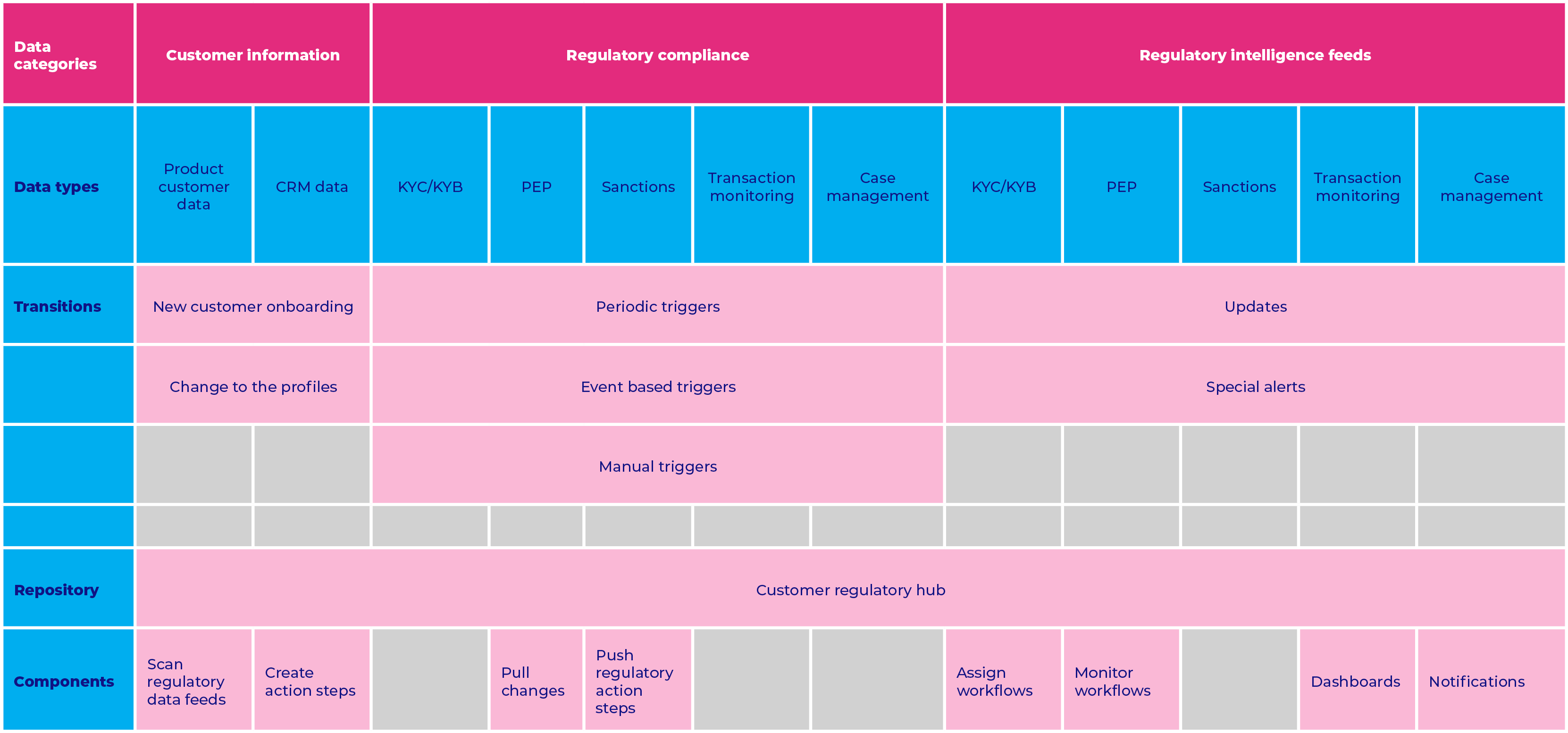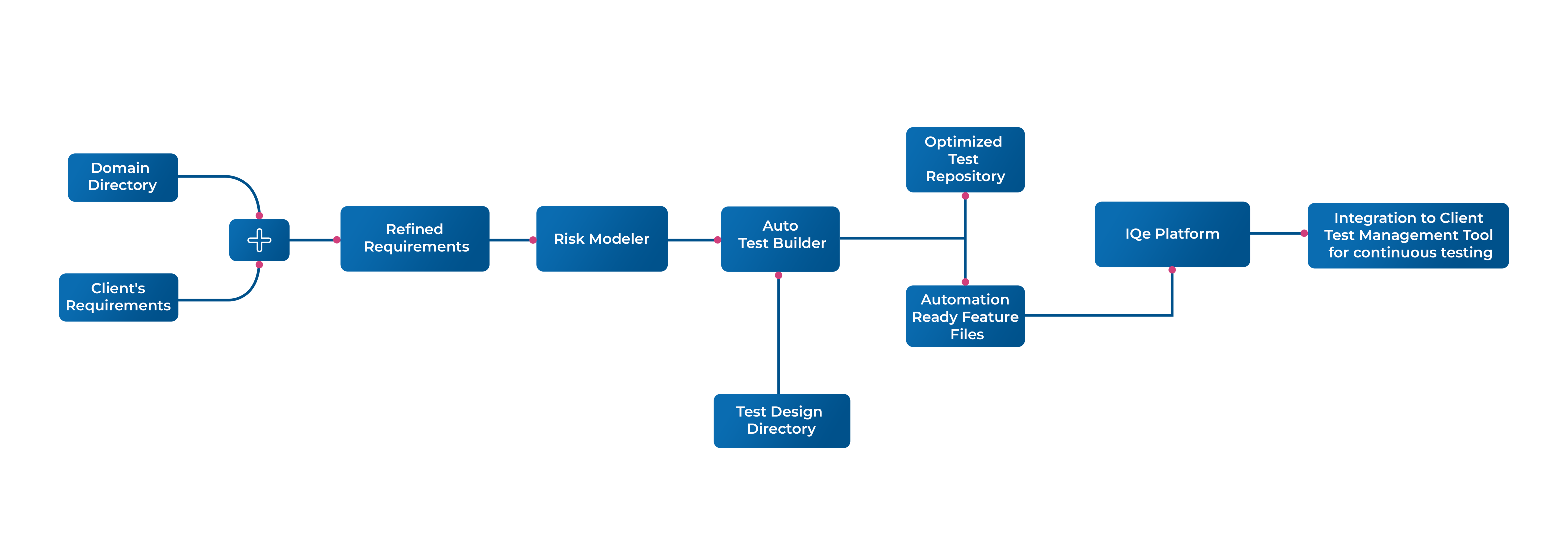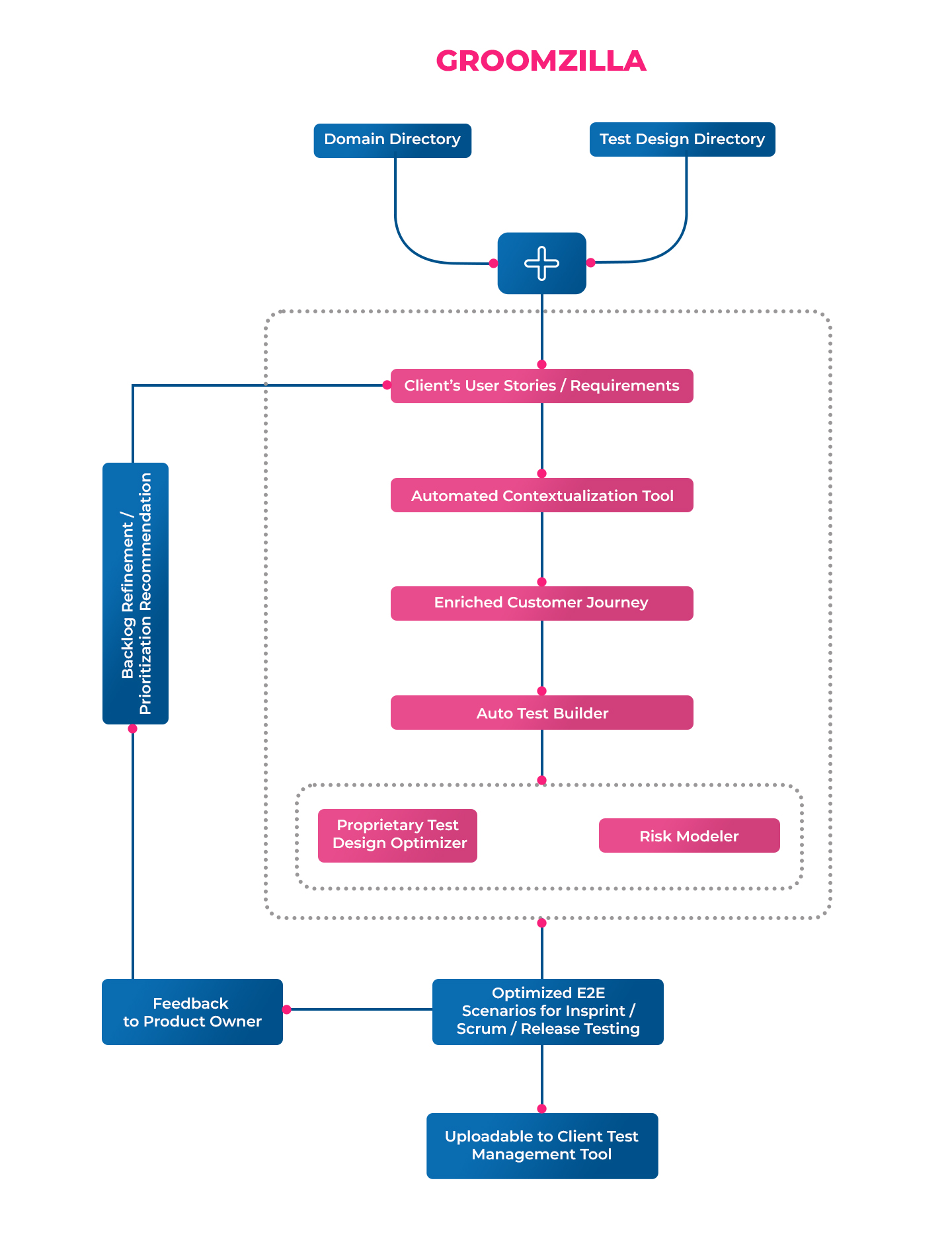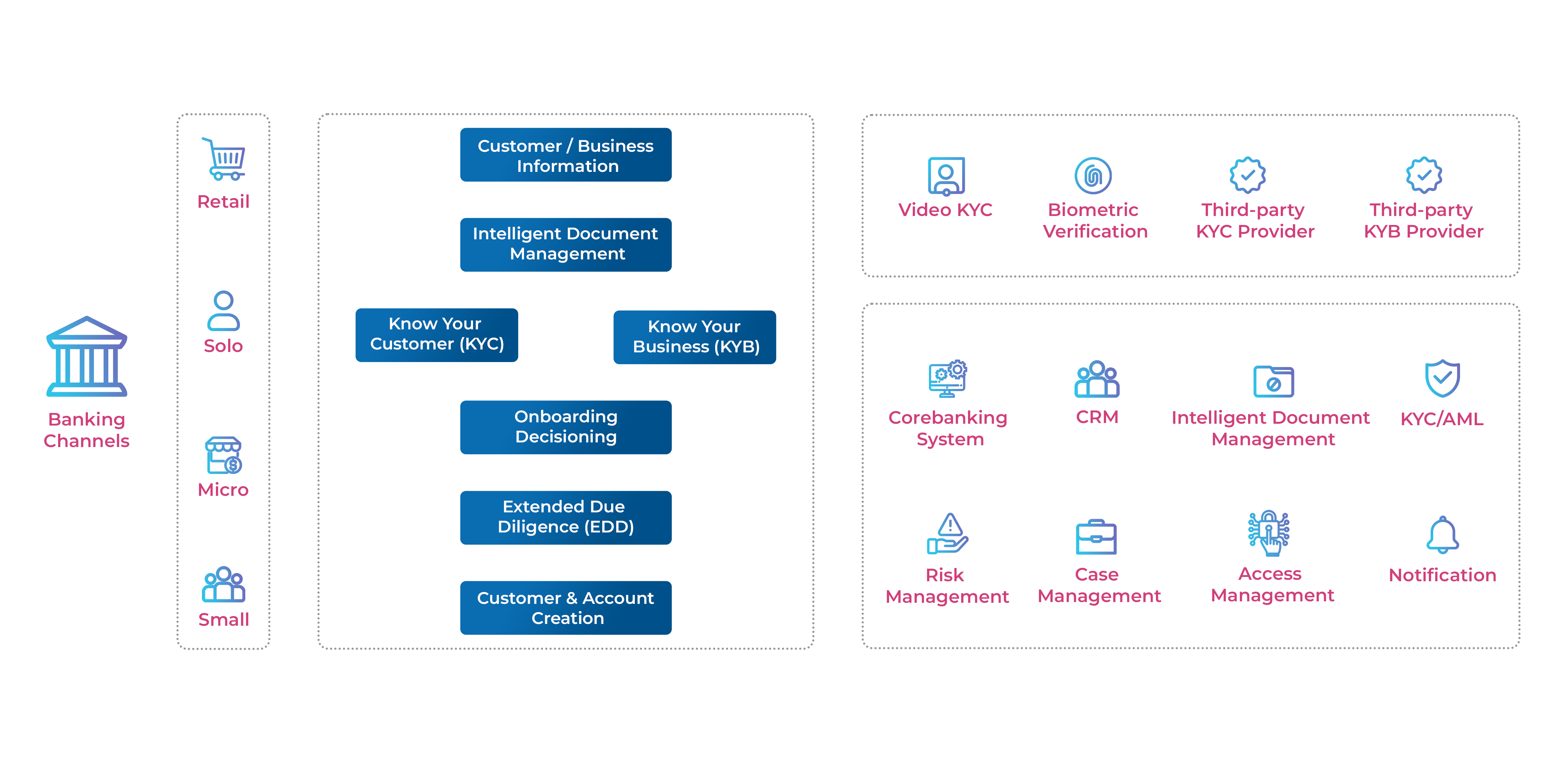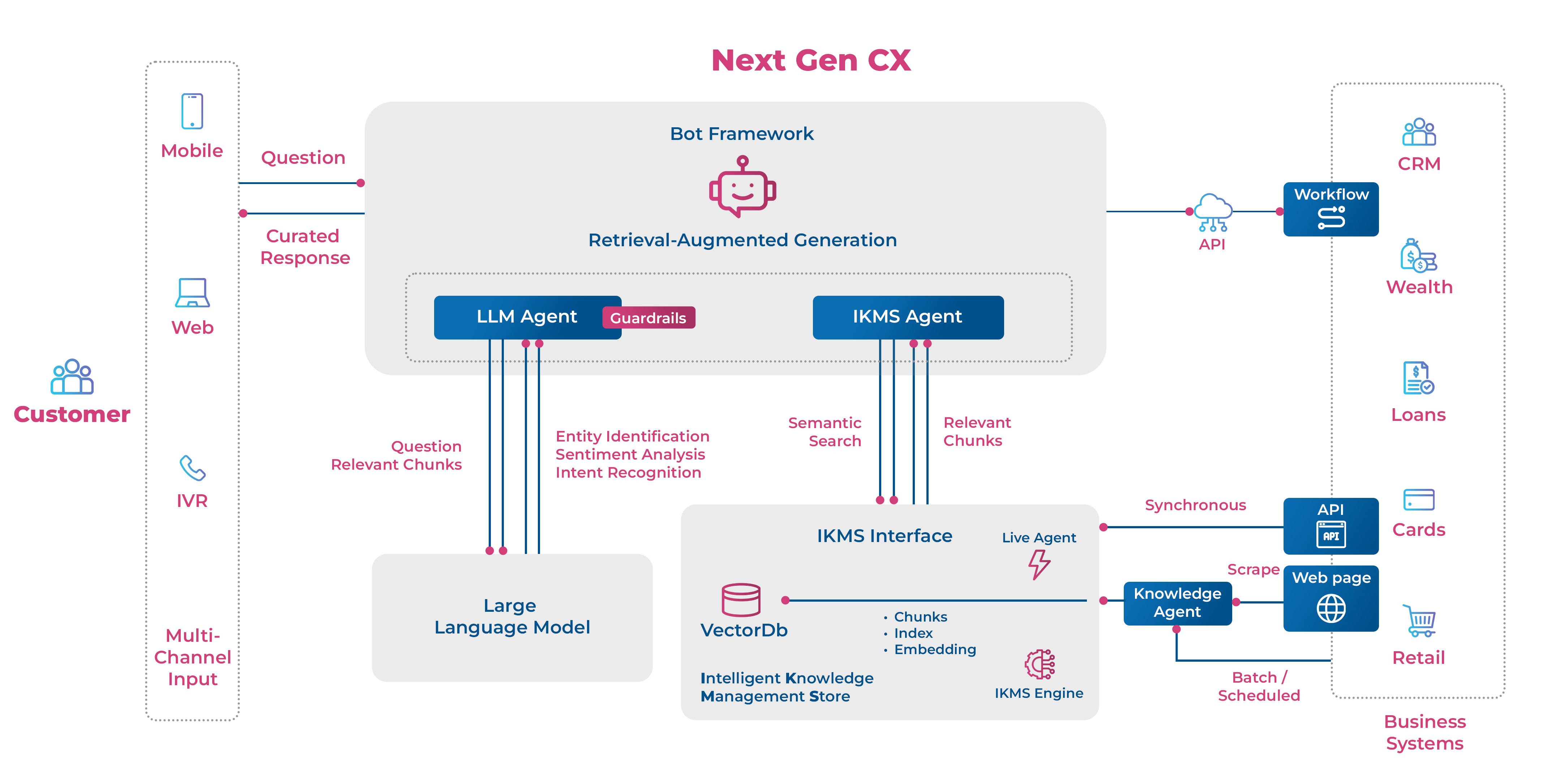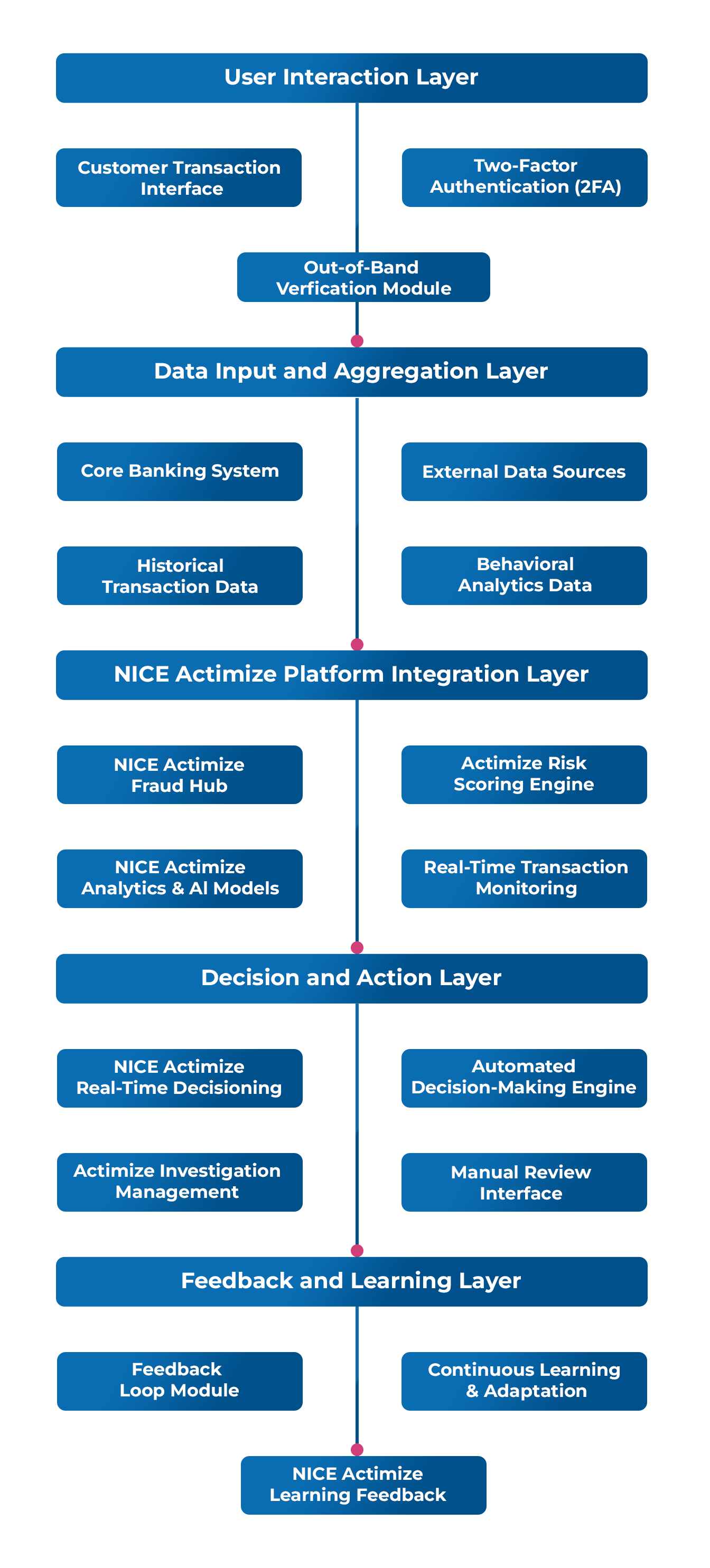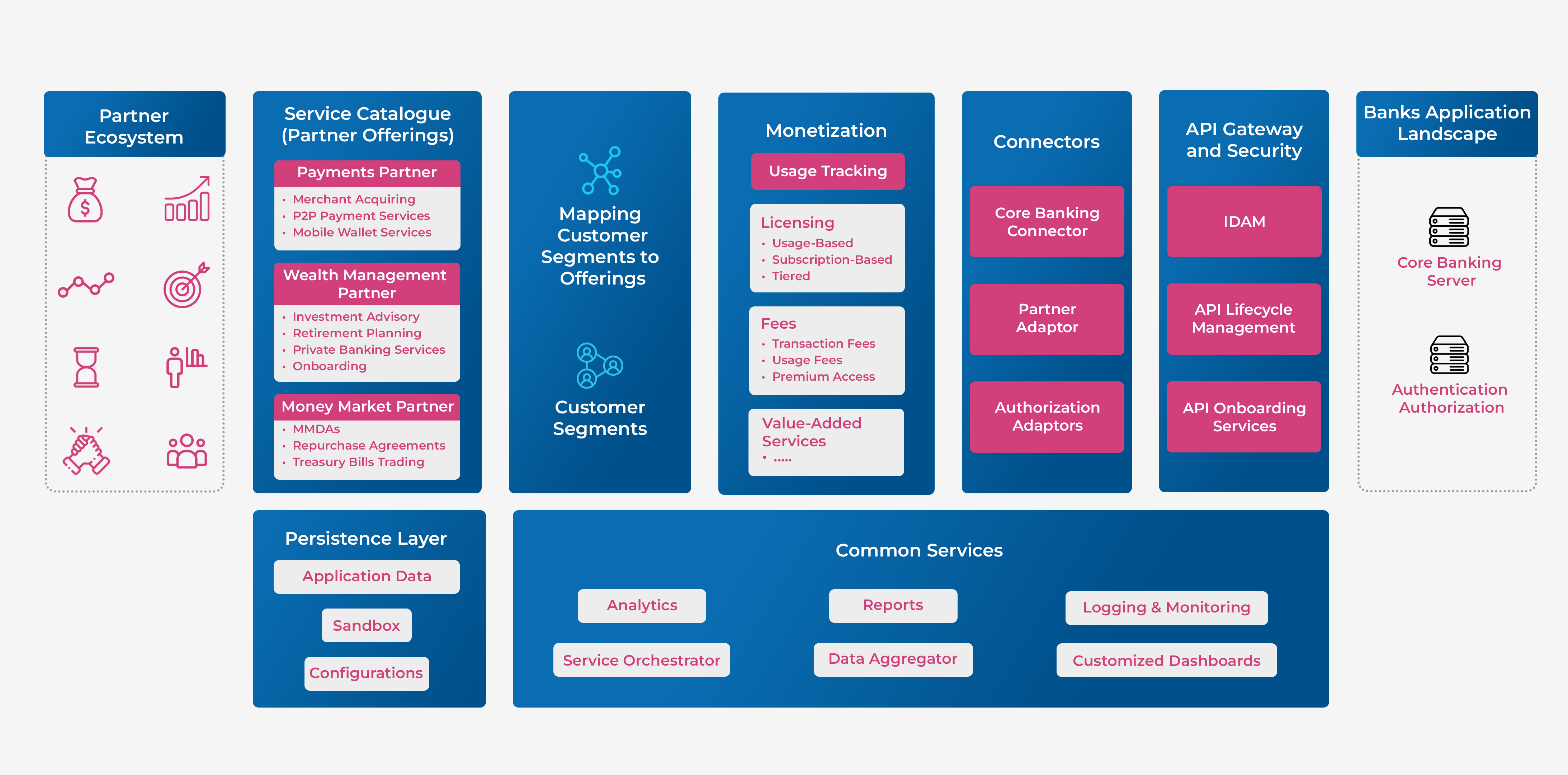Seventy-five percent of retail banks report that regulatory compliance is their most significant challenge in achieving growth, according to a recent industry survey. This statistic underscores the critical importance of effectively navigating the complex regulatory landscape for banks pursuing sustainable growth. In this context, understanding the strategies and innovations that enable compliance while fostering expansion is paramount for C-suite executives in the banking sector.
Institutions must ensure financial stability, consumer protection, data privacy, and anti-money laundering compliance. This dynamic regulatory landscape demands strategic agility and innovation from retail banks to thrive.
Understanding the Regulatory Environment
The regulatory environment for retail banks has become increasingly stringent after the 2008 financial crisis. The Dodd-Frank Act in the United States, the Second Payment Services Directive (PSD2) in Europe, and the Basel III international regulatory framework have reshaped banking operations, emphasizing risk management, transparency, and customer rights.
For instance, JPMorgan Chase & Co. has invested heavily in compliance and risk management frameworks to navigate these regulations effectively. The bank’s proactive approach is adhering to global standards and becoming a leader in promoting financial stability and consumer trust.
Leveraging Technology for Compliance
Technology is pivotal in enabling retail banks to meet regulatory demands efficiently. Retail banking solutions now incorporate advanced analytics, artificial intelligence (AI), and blockchain to streamline compliance processes, from risk assessment to transaction monitoring and reporting.
A notable example is HSBC’s deployment of AI-driven anti-money laundering (AML) compliance tools. These tools enhance the bank’s ability to detect and report suspicious activities, significantly reducing the risk of regulatory penalties and reputational damage.
Enhancing Data Privacy and Security
With regulations like the General Data Protection Regulation (GDPR) setting stringent privacy and security standards, retail standards banks are under pressure to fortify their data management practices. This involves protecting customer data against cyber threats and giving customers control over their information.
Wells Fargo’s investment in data encryption and privacy-enhancing technologies exemplifies the bank’s commitment to protecting customer data. By prioritizing data privacy, Wells Fargo meets regulatory requirements and enhances customer trust and loyalty.
Adopting a Customer-Centric Approach
Regulations often aim to protect consumer interests, making a customer-centric approach vital for compliance and growth. Retail banking services prioritizing customer needs and preferences can better align with regulatory expectations, particularly those related to fair lending, transparent pricing, and dispute resolution.
Bank of America’s focus on customer experience is evident in its retail banking platform, which offers personalized financial advice, easy access to services, and transparent fee structures. This approach provides regulatory standards for consumer protection, customer satisfaction, and retention.
Fostering a Culture of Compliance
Creating a culture of compliance within the organization is crucial for navigating regulatory challenges. This involves regular employee training, clear communication of regulatory changes, and integrating compliance considerations into strategic decision-making.
Citigroup’s establishment of a global compliance division demonstrates the bank’s dedication to fostering a strong compliance culture. By embedding compliance into its corporate ethos, Citigroup ensures that regulatory adherence is a shared responsibility across the organization.
Strategies for the Future
As retail banks look to the future, several strategies will be vital to navigating regulatory challenges while achieving sustainable growth:
Invest in Regulatory Technology (RegTech):
Leveraging RegTech solutions can help banks automate compliance tasks, improve accuracy in reporting, and stay ahead of regulatory changes.
Enhance Collaboration with Regulators:
Building a constructive relationship with regulatory bodies can facilitate a better understanding of regulatory expectations and allow banks to influence policy development.
Diversify Product Offerings:
Expanding into new areas, such as sustainable finance and digital currencies, can help banks tap into growth opportunities while spreading regulatory risk.
Prioritize ESG Initiatives:
Embracing environmental, social, and governance (ESG) criteria can align banks with emerging regulatory trends focused on sustainability and social responsibility.
Adopt an Agile Operational Model:
Adapting to regulatory changes quickly is essential. An agile operational model enables banks to respond to new regulations more effectively.
Conclusion
Navigating the complex regulatory landscape requires retail banks to be proactive, innovative, and customer-focused. By leveraging technology, enhancing data privacy, fostering a compliance culture, and adopting agile operational models, banks can meet regulatory demands and achieve sustainable growth. As the regulatory environment evolves, banks that stay ahead of the curve will be best positioned to seize new opportunities and strengthen their market position.
About Maveric Systems
Established in 2000, Maveric Systems is a niche, domain-led, BankTech specialist, transforming retail, corporate, and wealth management digital ecosystems. Our 2600+ specialists use proven solutions and frameworks to address formidable CXO challenges across regulatory compliance, customer experience, wealth management and CloudDevSecOps.
Our services and competencies across data, digital, core banking and quality engineering helps global and regional banking leaders as well as Fintechs solve next-gen business challenges through emerging technology. Our global presence spans across 3 continents with regional delivery capabilities in Amsterdam, Bengaluru, Chennai, Dallas, Dubai, London, New Jersey, Pune, Riyadh, Singapore and Warsaw. Our inherent banking domain expertise, a customer-intimacy-led delivery model, and differentiated talent with layered competency – deep domain and tech leadership, supported by a culture of ownership, energy, and commitment to customer success, make us the technology partner of choice for our customers.



